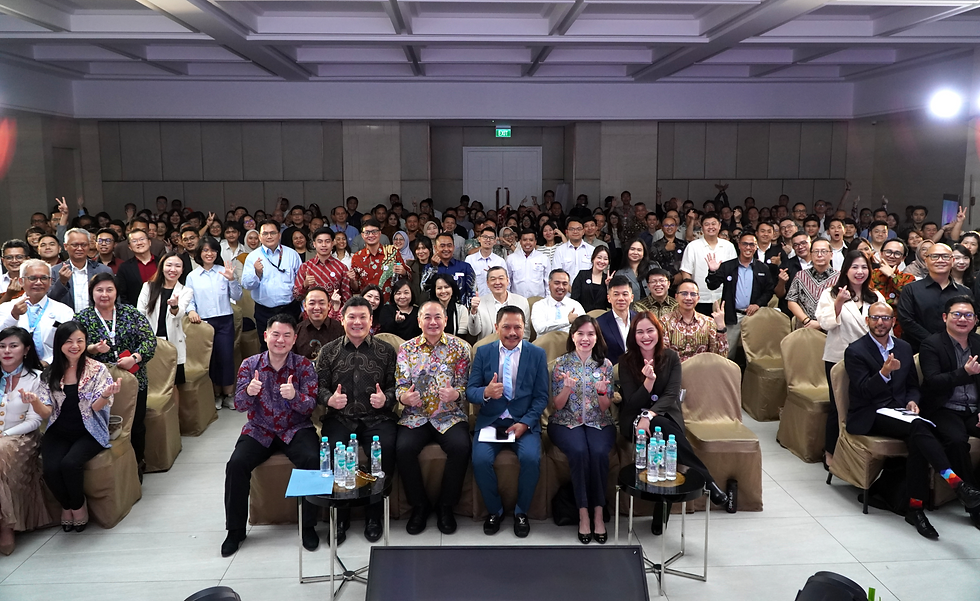Data Privacy in a Digital Age: What You Should Know to Protecting Your Personal Information
- TechConnect

- Nov 16, 2023
- 2 min read

Picture source: GenBiz
In today's connected world, where data is created, collected and shared at unprecedented speeds, data privacy has become a major concern. Protecting personal information is not only about protecting our individual rights, but also about maintaining trust in the digital ecosystem. Data privacy refers to the protection and appropriate handling of personal information. This includes the control that individuals have over how their data is collected, used, stored and shared. In an age where technology is constantly collecting data, understanding data privacy is essential to maintaining control over our personal lives and digital identities.
Here are some practical steps for protecting your personal information in a digital age:
1. Understand and Review Privacy Policies
When you use online services or platforms, review their privacy policies to understand how your data will be collected, used and shared. Look for clear information about data retention, data sharing with third parties, and the measures in place to protect your information. Only proceed if you feel comfortable with the methods outlined.
2. Strengthen Passwords and Enable Two-Factor Authentication (2FA)
Create strong, complex passwords and avoid using the same password across multiple accounts. Implement two-factor authentication whenever possible, which requires an additional verification step beyond your password, such as a unique code sent to your mobile device. This significantly reduces the risk of unauthorized access.
3. Be Cautious of Phishing Attempts
Be wary of suspicious emails, texts or phone calls asking for personal or financial information. Phishing attempts often imitate legitimate organizations to deceive individuals. Verify the identity of the sender and avoid clicking on suspicious links or providing personal information without proper verification.
4. Regularly Update and Secure Devices
Regularly update your device's operating system, apps, and security software to ensure you have the latest security patches. Enable automatic updates whenever possible. Additionally, use reputable anti-virus and anti-malware software to protect yourself against malicious threats.
5. Limit Data Sharing and Review App Permissions
When installing apps or granting permissions, carefully consider the requested access to personal data. Be careful about sharing unnecessary information and consider whether the benefits outweigh the potential risks. Regularly review and revoke permissions from unused applications.
In an increasingly interconnected world, it is essential to understand data privacy and take proactive steps to protect personal information. By familiarizing ourselves with privacy laws, paying attention to data sharing, and implementing security best practices, we can take back control of our digital lives and protect our personal information. Remember that data privacy is a shared responsibility, and by protecting privacy together, we can shape a safer and more respectful digital environment.
Source: Medium





Comments